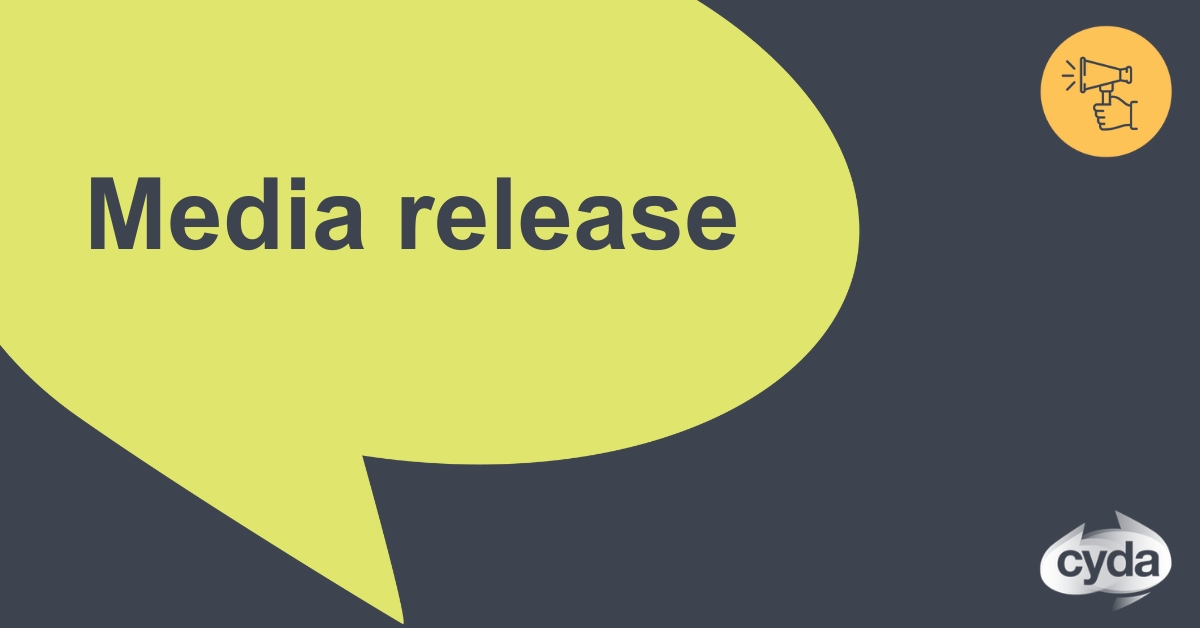The Australian Disability Strategy 2021-2031 (ADS) must focus on the needs of children and young people with disability or risk entrenching inequality and poor outcomes.
Children and Young People with Disability Australia (CYDA) issued the warning following the long-anticipated release of the 2024 Update to the ADS last week.
The peak advocacy body welcomed many of the positive changes outlined in the 74-page document but called for stronger consideration of the needs of children and young people.
The ADS sets out seven key outcome areas in which all levels of government are expected to work to deliver improvements for people with disability.
However, children and young people with disability are mentioned in fewer than half of these areas in the 2024 Update.
“The Australian Disability Strategy will be the driving force behind much-needed reform for our community over the next six years, so getting it right is vital,” said CYDA CEO Skye Kakoschke-Moore.
“Young people with disability today face significant societal barriers in accessing everything from secure housing to adequate healthcare. They experience high rates of discrimination, unemployment, homelessness, and poor mental health.
“Unfortunately, while there’s much to be happy about in the updated Strategy, it does not yet provide clear plans to fully address some of these major challenges.”
Children and young people with disability were not mentioned in the following outcome areas of the 2024 ADS update:
- Inclusive Homes and Community
- Health and Wellbeing
- Community Attitudes
- Personal and Community Support
Their exclusion from outcome areas relating to the NDIS is especially concerning, given they comprise 61% of the Scheme’s participants.
This comes as community anxiety about the future of the NDIS remains high, with the Scheme continuing to undergo significant reform since the introduction of new rules late last year.
Ms Kakoschke-Moore said that while the omissions were troubling, CYDA remained hopeful the gaps would be addressed in the Independent Evaluation of the updated ADS later this year.
“Children and young people with disability need to be at the heart of all reforms that impact them,” she said.
“The Australian Disability Strategy has always been about championing inclusion, and we believe it can still deliver this for our community.”
CYDA was heartened to see some of its previous recommendations on inclusive education, employment, and safety included in the 2024 Update.
It was also pleased to see the introduction of measures – like a Community Engagement Plan and Targeted Action Plans – that foster engagement, accountability, and greater intersectionality.
These changes are a step in the right direction to creating a society in which children and young people with disability are enabled to thrive and reach their full potential.
For more information or further comment, please contact CYDA:
Email: [email protected]
Phone: (03) 9417 1025


